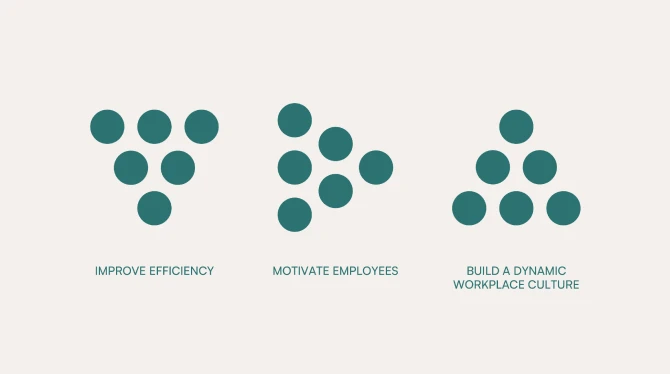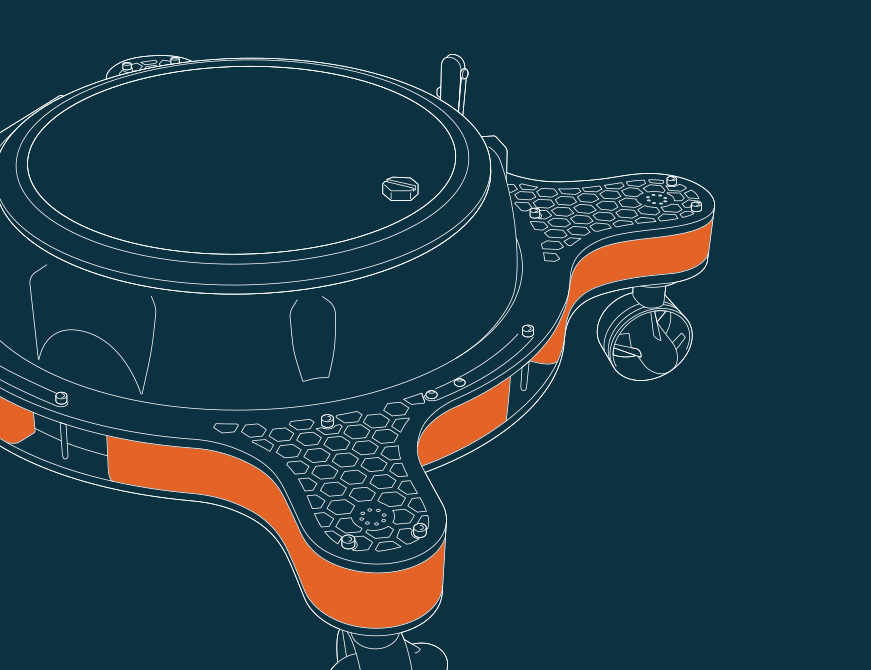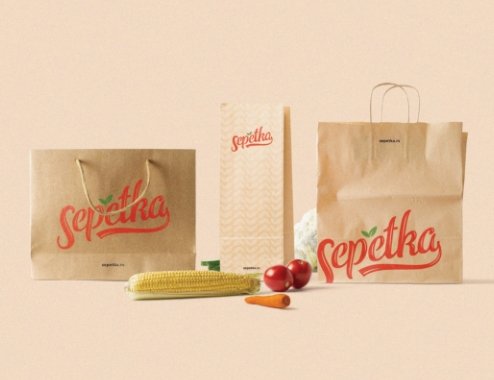🖨️
The Impact Of Print On Consumer Buying Behavior
LAST UPDATED 16 May, 2024
In today’s digitally saturated world, where online advertisements inundate consumers from every corner of their screens, the role of traditional print media may appear diminished.
However, print media and advertisements retain significant influence in marketing, particularly in shaping consumer buying behavior. Understanding the nuances of print media’s impact on consumer perceptions and decisions is crucial for marketers navigating a multifaceted marketing landscape.

The Psychology of Print Media
Print media’s tactile nature engages multiple senses, fostering a unique and immersive reading experience. The physical act of holding a print material, whether it’s a magazine, brochure, or newspaper, triggers sensory receptors in the fingertips, activating neural pathways associated with touch and proprioception.
1. Tactile Engagement
Research in neuroscience suggests that tactile engagement enhances cognitive processing and memory retention. When individuals interact with print materials, they form spatial and kinesthetic associations that facilitate deeper encoding of information. This tactile feedback loop strengthens neural connections and enhances learning comprehension, resulting in increased engagement with content.1
2. Nonlinear Navigation
Moreover, print media allows for nonlinear navigation and exploration, empowering readers to control the pace and sequence of their reading experience. Unlike digital platforms, which often impose linear and fragmented interactions, print materials offer a sense of autonomy and serendipity, encouraging readers and shoppers to explore diverse topics and discover unexpected insights.
3. Trust and authenticity
Furthermore, print materials evoke a sense of trust and authenticity in consumers, a quality. A survey conducted by Nielsen revealed that 82% of respondents trusted print advertisements in newspapers and magazines, highlighting the enduring credibility of print media in the eyes of consumers.2
Cognitive Fluency and Brand Association
Print media’s structured layout and visual hierarchy enhance cognitive fluency, facilitating information processing and brand recognition. The spatial organization guides attention and comprehension, facilitating the assimilation of key messages. Print advertisements leverage iconic imagery, typography, and color schemes to create distinctive brand identities. Through repeated exposure, consumers develop implicit associations that shape perceptions and preferences. Print media serves as a powerful vehicle for brand storytelling, fostering enduring relationships with target audiences.
The psychology of print media underscores its enduring relevance in shaping consumer behavior. From tactile engagement to emotional resonance and cognitive fluency, print materials offer a multifaceted platform for communication and persuasion. Understanding these psychological mechanisms enables marketers to harness print media’s full potential in engaging, inspiring, and influencing audiences in the digital age.

Coca-Cola’s iconic holiday campaigns, featuring heartwarming narratives and festive imagery. These print ads evoke feelings of joy, nostalgia, and togetherness, creating lasting impressions that transcend the holiday season. This show’s that print advertisements elicit higher levels of emotional arousal compared to digital counterparts, thanks to their tangible presence and emotional depth.

Apple, meticulously displayed in print advertisements and product packaging. The minimalist design, sleek typography, and iconic apple symbol create a distinctive brand identity that is instantly recognizable worldwide. Through repeated exposure to print materials, consumers develop implicit associations and mental schemas that reinforce brand loyalty and preference.
Real-life examples highlight the profound impact of print media on consumer behavior and brand perception. From tactile engagement and emotional resonance to cognitive fluency and brand association, print materials offer a powerful platform for storytelling and persuasion. Understanding the psychology of print media enables marketers to leverage its full potential for engaging, inspiring, and influencing audiences in the digital age.3
Storytelling Potential of Print Media
As we navigate the complexities of modern marketing, understanding the nuanced psychology of print media is paramount. Beyond its tangible appeal lies a realm of storytelling potential—a canvas where brands can craft narratives that resonate deeply with audiences, leaving a lasting imprint on hearts and minds.
Real-life examples, from Patagonia’s commitment to environmental sustainability to Dove’s celebration of real beauty, demonstrate the transformative impact of print media campaigns on consumer perceptions and societal narratives.



Conclusion – Relevance of Print in the Digital Age
As we embrace the future of marketing, print media stands as a stalwart companion, offering a timeless canvas for creativity and persuasion. Its role in influencing consumer behaviors cannot be overstated, as evidenced by its capacity to leave lasting impressions and drive purchasing decisions.
Looking ahead, the evolution of print media promises new opportunities for innovation and engagement. From personalized messaging to interactive experiences, print advertisements continue to adapt to the changing needs and preferences of consumers.
By strategically leveraging print media, marketers can effectively navigate the complexities of the modern marketplace and drive meaningful changes in consumer behavior. Through thoughtful storytelling, targeted messaging, and creative execution, print advertisements have the potential to inspire action and foster brand loyalty.
In a world inundated with digital distractions, print media remains a steadfast ally for brands seeking to make a lasting impact. Its ability to engage the senses, evoke emotions, and drive action makes it an invaluable asset in any marketing toolkit.


